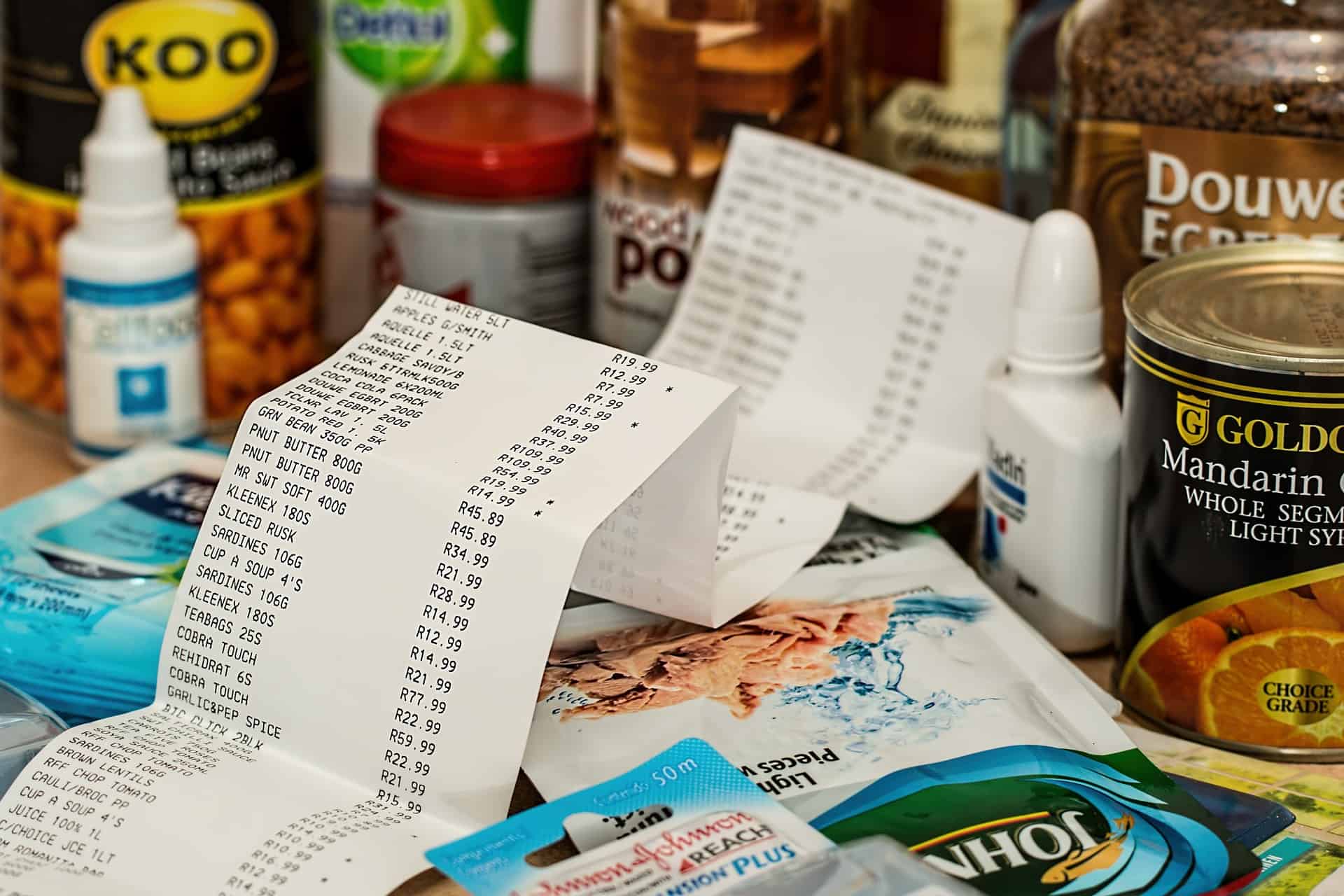Are you thinking of getting funding for your startup? Read this first.
Everyone wants to be an entrepreneur these days.
The startup scene is booming and yet few businesses ever succeed. Angel investors know that nine out of ten startups will fail so they often bet wide. It only takes one successful startup to repay all investments and make a large profit. Great for angel investors.
But for nine out of ten businesses this is bad news.
The odds are against you.
And I’m not saying this to discourage you.
I’m a positive and optimistic person on all levels but especially when it comes to business.
However, there are a few things you can do to increase your odds of success. And not getting funding for your startup may be a blessing rather than a curse depending on the situation.
Sounds paradoxical, I know.
But hear me out.
Why Getting Funding For Your Startup Isn’t Always a Good Idea
A couple of years ago I helped a startup in the motorsport industry.
They received a few hundred thousand dollars of funding from different investors. The investors liked the business plan. It looked great on paper (with lots of numbers and graphs).
But here’s what happened:
The startup began hiring staff and building a large state-of-the-art facility to produce motorcycle parts. They burned through the first $100,000 pretty fast without ever making a sale. So they asked for more funding and they got it. They improved their facility, built a nice warehouse and started production. Still not a single dollar was made at this point.
Eventually, they ran out of money again and had to ask for more funding. This is a common pattern among startups. In fact, it has turned into a culture where startups expect to get funding just for having great ideas rather than their ability to sell something.
The purpose of a business is to generate revenue and ultimately profit by selling a product or service to consumers or companies. Sure, getting funding for your startup can be a stepping stone to fulfil this purpose. But more often than not, startups turn into financial black holes that eat money without ever making any. And that’s one reason why nine of out ten startups fail.
Here’s the bottom line:
Having hundreds of thousands or millions of dollars of funding doesn’t automatically result in a successful business. In fact, it might even block the growth of the business.
In his book The Power of Broke, Daymond John speaks about this problem.
Companies that rely solely on money to solve their problems rarely thrive and often go bankrupt long-term. Having too much money available tends to suppress creative problem solving and innovative marketing and sales strategies. If you get money from funding, there’s simply no need to be creative or really solve the marketing and sales problem.
We also see this with rich kids.
Spoilt rich brats rarely become successful in life. Sure, they drive around in fancy cars and live off their parents money like a leech, but they neither have the drive nor the skills to make money themselves. They lack the hunger. And they never face the hardship necessary to develop character. The same can happen to startup companies that get funding.
They get weak and soft.
Instead of activating all of the company’s creative resources, problem solving capabilities and developing innovative marketing and sales strategies that generate revenue, they sit on a big pile of money from funding which they quickly burn through as they’re building their “business”.
Am I saying you should you never get funding? Nope.
Some businesses need funding because there’s no way to generate revenue from day one.
However, the mistake is that most startups view funding solely as a blessing. They don’t realize that at the same time funding is a curse, a business’s worst nightmare, a killer of dreams, a comfortable financial cushion that leads to a slow and painful death.
If you’re thinking of getting funding, or if you’re already sitting on a big pile of money, be wary. Understand that your business “mojo” is fading away unless you tap into the power of broke.
How to Tap Into the Power of Broke
The power of broke is the creative force that gets activated during times of financial hardship and scarcity. It’s a power that forces us to come up with creative solutions in order to survive.
When our life is on the line, we tend to get really creative.
Probably it’s an evolutionary thing.
The good news is that you can learn to tap into the power of broke even if you have money. The trick is to act like you have no money. Imagine you had no funding at all and would be forced to find a creative solution to generate revenue from day one. What would you do?
Always ask yourself these questions:
- How can I generate cash flow fast?
- How can I spend the least and make the most?
- Am I relying on money to solve my company’s problems?
- Am I using money to bypass hard work and creative solutions?
- What would I do if I had no money at all?
- Is there a cheaper or even free way to do this?
If you’re getting funding for your startup, ask yourself these questions frequently. You might even want to write them on a post-it note and stick them somewhere you can see them.
If you have no funding and are starting a company from scratch with no money, or with your own money, you’ll automatically be forced to use the power of broke. You’ll think twice about every dollar you spend and since your own money is on the line, you’ll come up with creative solutions to generate cash flow. The power of broke is your best friend.
If you fail to stay humble, if the hubris of money takes a hold of you, you’ll likely fail. But if you stay humble, with or without money, and you value creativity over “spending your way out of every problem”, you have an opportunity to build a really profitable business.
Should You Get Funding Or Not?
If your business idea requires a lot of money then getting funding for your startup is crucial.
But if you’re starting a business that can generate cash flow with little upfront investment, skip the funding and focus on marketing and sales as early as possible. A business that generates profit early on is much more likely to survive. And it’s also more attractive to investors.
No matter what type of business you’re trying to build, always stay connected to the power of broke and make generating cash flow one of your main priorities, and you’ll be fine.




